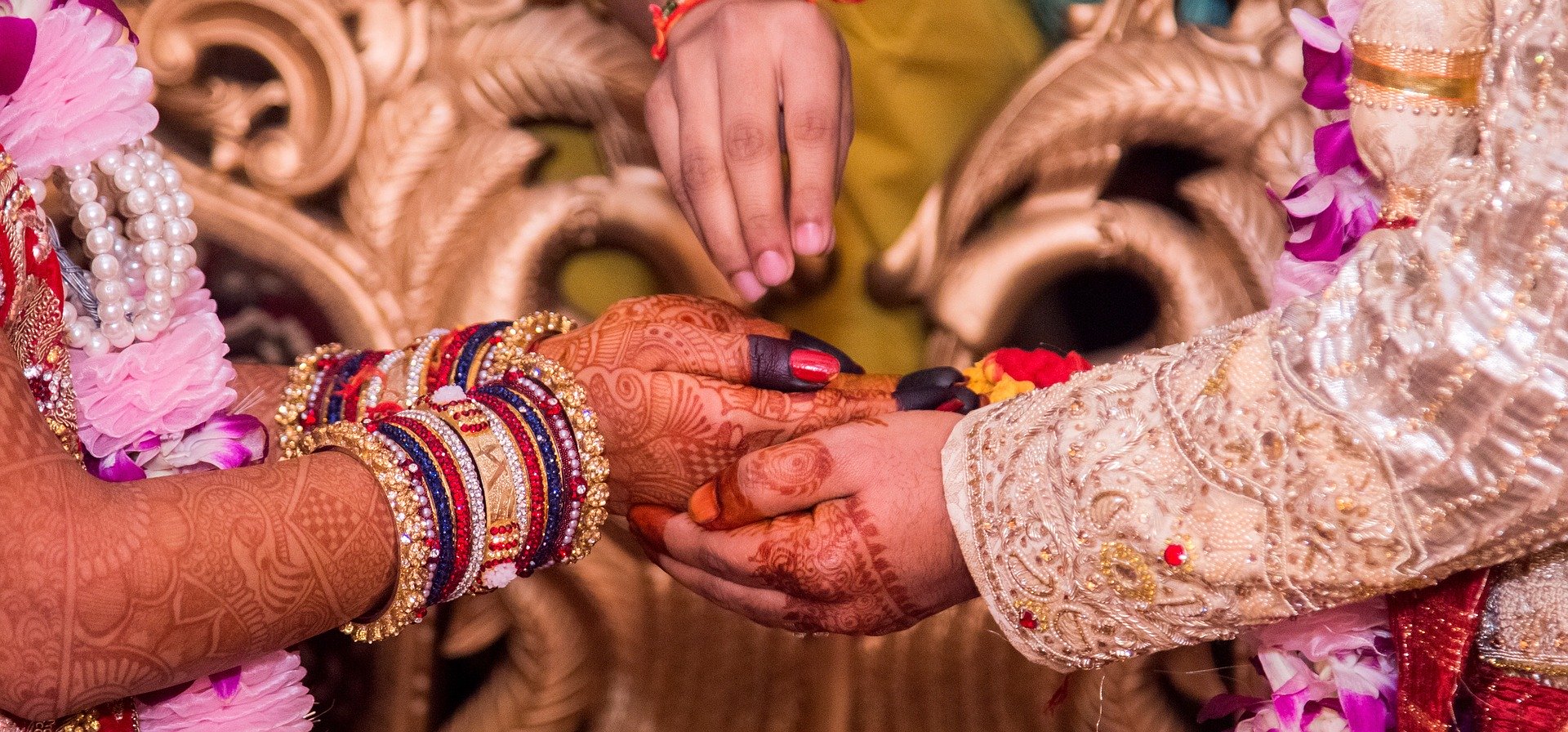In India, a person can engage in a second marriage if their first marriage has been dissolved through a divorce or if their spouse has died. The Hindu Marriage Act, of 1955 and the Special Marriage Act, of 1954 both provide provisions for remarriage. However, it is important to note that having multiple marriages is generally discouraged in Indian society, and a person engaging in a second marriage while still legally married to their first spouse can result in criminal charges for bigamy. Additionally, if the second marriage is challenged in court, the legality of the marriage may be called into question and the validity of the second marriage may be decided by the court.

How to resolve disputes related to bigamous relationships in a court of law in India
Resolving disputes related to bigamous relationships in India can be a complex process and requires the assistance of a knowledgeable and experienced attorney. In this blog, we will discuss the legal process for resolving such disputes and offer tips for navigating the court system effectively.
📈🤖 Unlock unparalleled trading potential with GPT Stocks Master AI! Revolutionize your portfolio, leveraging real-time insights and predictive analytics. Don’t miss out – step into a world where precision and profitability meet. Ready to transform your trading journey? Click “Master My Trades” now for your exclusive access! ✨🚀📊
What is a Bigamous Relationship?
A bigamous relationship occurs when a person marries someone while they are still legally married to another person. In India, this is considered a criminal offense under section 494 of the Indian Penal Code and can result in imprisonment for up to seven years.
Legal Proceedings for Resolving Bigamous Relationships
Filing a Complaint: The aggrieved spouse or any relative of the first spouse can file a complaint against the accused at the nearest police station. The police will then conduct an investigation and file a charge sheet in court.
Trial: The trial in a bigamy case is held in a criminal court, and the accused can be represented by a lawyer. The prosecution will present evidence to prove the accused’s guilt, and the defense will argue its case.
Evidence: In a bigamy case, the prosecution must prove that the accused was already legally married at the time of the second marriage. This can be done through the presentation of marriage certificates, witness testimony, and other forms of evidence.
Sentencing: If the accused is found guilty, they can be sentenced to imprisonment for up to seven years. In addition, the second marriage will be declared null and void.
Tips for Navigating the Court System
Hire an experienced lawyer: It is important to have a knowledgeable and experienced attorney to guide you through the legal process and represent your interests in court.
Gather evidence: It is important to have strong evidence to support your case, such as marriage certificates, witness testimony, and other forms of evidence.
Be prepared for a long process: Bigamy cases can take several months or even years to resolve, so it is important to be patient and persistent in your pursuit of justice.
Keep detailed records: It is important to keep detailed records of all court proceedings and related documents, as this can be useful in the event of an appeal or future legal proceedings.
Conclusion
Resolving disputes related to bigamous relationships in India can be a complex and lengthy process. It is important to have a knowledgeable and experienced attorney to guide you through the legal process and represent your interests in court. Additionally, it is important to gather strong evidence and be prepared for a long process. By following these tips and working with a competent legal team, you can increase your chances of a successful outcome in your case.
